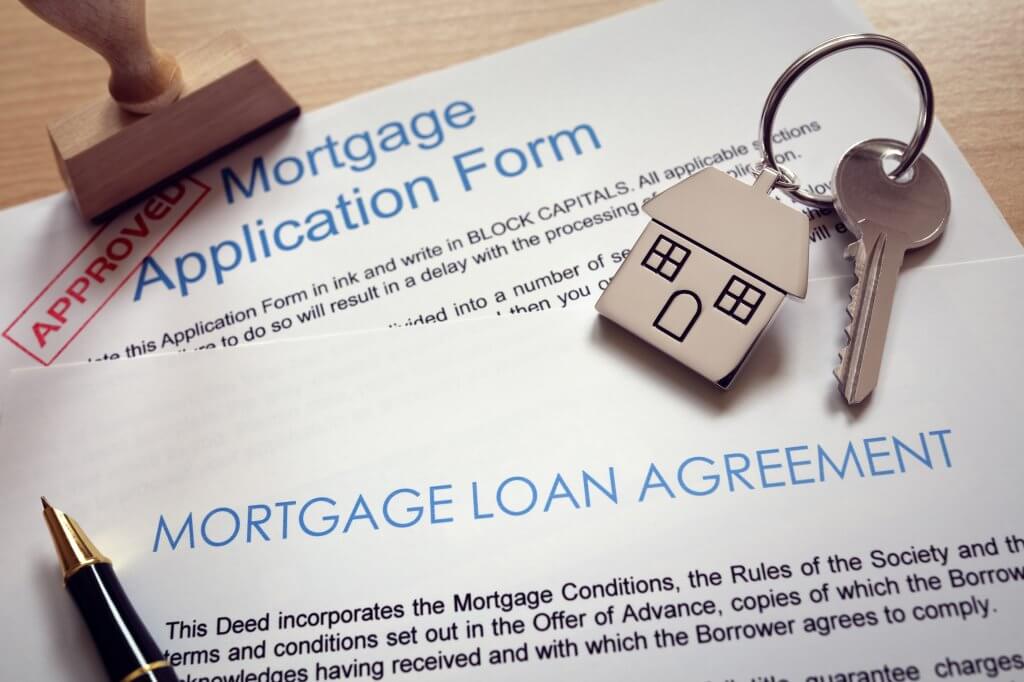When borrowers begin their home search, one of the first steps is deciding what type of loan they should use. For borrowers with a strong credit score, little debt, and a down-payment saved up, a conventional home loan will be your best option.
What is a conventional mortgage loan?
Conventional loans are offered by Fannie Mae and Freddie Mac. Unlike FHA loans, VA loans, or USDA loans, conventional home loans are not insured by the federal government. They usually come with higher down-payment, credit score, and income requirements than government loans, but this does provide opportunities for lower closing costs and lower monthly mortgage payments.
Conventional loans can be classified as conforming or non-conforming. Conforming means they meet Fannie Mae and Freddie Mac’s established underwriting guidelines. This is usually in reference to the size of the loan. The maximum loan amount for a conforming loan as of 2020 is $510,400. If a loan does not fall within these guidelines, it is considered a non-conforming loan. Loans that are non-conforming can be jumbo loans, or loans for borrowers with poor credit, high debt, or bankruptcy.
Loan mortgage structure
Mortgage structures for conventional loans are offered in either a fixed or adjustable-rate structure. Fixed rate mortgages maintain the same rate and payment throughout the life of the loan. The most common fixed-rate mortgages carry either 15- or 30-year repayment terms. Although some can be 10, 15, or 25 years. An adjustable-rate mortgage maintains the starting interest rate for a portion of the repayment term, then adjusts based on interest rate market conditions. The shorter the length of the loan, the higher your monthly mortgage payments will be.
Conventional home loan requirements
These types of loans require a minimum of 5% down payment, usually. If the borrower doesn’t put 20% of the down payment onto the loan, they will pay Private Mortgage Insurance (PMI). This protects the lender against a complete loss of money if a borrower defaults on their mortgage payments.
Most banks set the baseline credit to be somewhere around 620. Debt-to-income ratio can be no more than 36-38%. And around two years of steady employment.
Benefits of a Conventional Mortgage:
Lower monthly payments
The great thing about a conventional mortgage is the ability to take away private mortgage insurance. Even if a homebuyer isn’t able to get enough money for a 20% down payment, mortgage insurance can be annulled at a later point. If the market has better interest rates than when a buyer first locked into their rate, they can opt in for a refinance. You will need enough equity and be prepared for refinance closing costs. Along with this, buyers can refinance to a longer term.
Lower fees and closing costs
When a homebuyer closes on their house, they pay for what is known as closing costs. These fees can range between 2-6% of the loan amount. They are determined by a few factors:
- The mortgage lender
- The of type of home loan
- Down payment
- Credit score
- Location of property
And they incorporate a few different fees:
- Appraisal
- Title insurance
- Private mortgage insurance
- Prepaid taxes
- Escrow fees
- Origination fee
What makes them different than other closing costs for FHA, USDA and VA loans is that conventional loans can be cheaper, since conventional loans can wave insurance and expensive premiums with a 20% down payment.
Private mortgage insurance (PMI) not required with 20% down payment
Like we’ve said, private mortgage insurance can be waved if homebuyers pay 20% of the price for their down payment. Other loans require down payments. FHA always requires it. VA requires a funding fee. And USDA requires two separate expenditures that replace Private Mortgage Insurance.
Investment property types eligible
Unlike other government backed home loans that require the funds to be used for a primary residency, conventional loans allow homebuyers a bit more freedom. This is because they follow the guidelines set by Ellie Mae and Freddie Mac. VA, USDA and FHA loans are backed by the federal government, which makes their guidelines stricter.
Investment Properties can sometimes require higher down payment standards.
Less stipulations for selling or refinancing
For sellers, government backed loans are set at a fixed amount. That means there’s no negotiation if an appraisal comes back and states the house isn’t at its assessed value. For a conventional loan, even with negotiations, the seller has the opportunity to get a reasonable price for what they’re asking.
For a refinance with a conventional loan, credit score requirements are usually higher, but you aren’t required to list the property as your primary residence. You can refinance an investment property or second house.
Less stringent collateral (property) guidelines
The property being sold must meet certain requirements in order to be sold. For loans such as VA loans:
- The property must be free of termites
- Heating must be adequate
- Roofing must be adequate
For FHA loans:
- The home must be a primary residency
- Mortgage Insurance is required
Conventional loans don’t need to meet these requirements. If the house has termites or if there is property damage, homebuyers can negotiate with the seller for a reduced price.


